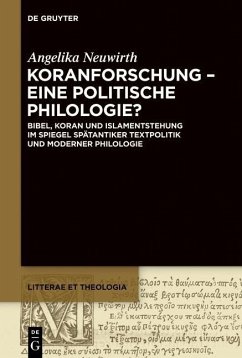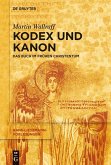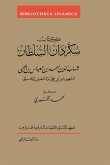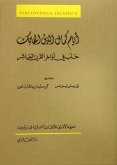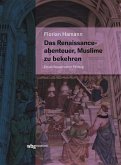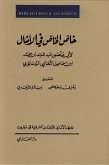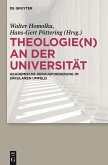The publication series of the Frey-Grynaeisches Institut in Basel puts the emphasis on the link between academic theology and its environment in terms ofhumanities and cultural studies. Many points of departure for this approach are supplied by the humanistic legacy of the city of Basel and the history of the institute itself, which goes back over 250 years. "Litterae" covers a broad spectrum - from classical literary studies and philology through to the concrete "alphabetic letters" as they relate to a media history of Christianity. Here too, the history of letterpress printing and the libraries of Basel form a fascinating context for the theme.
Dieser Download kann aus rechtlichen Gründen nur mit Rechnungsadresse in A, B, BG, CY, CZ, D, DK, EW, E, FIN, F, GR, HR, H, IRL, I, LT, L, LR, M, NL, PL, P, R, S, SLO, SK ausgeliefert werden.
Perlentaucher-Notiz zur FR-Rezension
© Perlentaucher Medien GmbH
Elo Süld in: JUDAICA 1/2016

